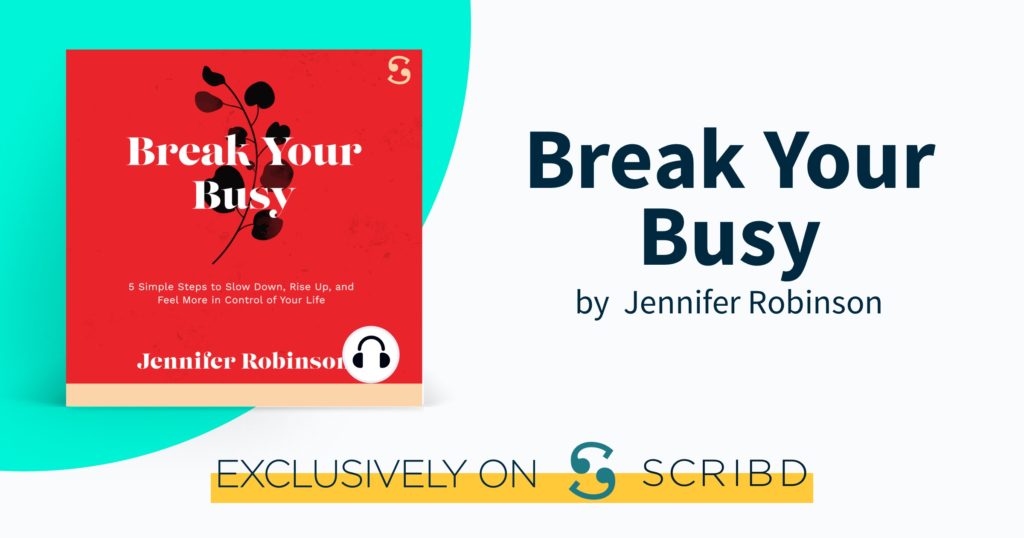“Resilience isn’t a single skill. It’ a variety of skills and coping mechanisms.
To bounce back from bumps in the road as well as failures, you should focus on emphasizing the positive.”
~ Jean Chatzky, financial journalist
Inner resiliency is an important personality trait to have in order to combat both acute and chronic stress.
I find that many of my clients and friends don’t really know what it is.
A dictionary definition goes something like this:
1. The capacity to recover quickly from difficulties; toughness.
2. The ability of a substance or object to spring back into shape; elasticity.
On first glance, it may seem that only the first definition applies to human beings.
I truly believe that both inner toughness and elasticity are necessary for human resilience.
We need to be both tough and flexible (elastic) to withstand acute stress.
For example, when facing the loss of a job, a scary medical diagnosis or being subjected to harassment.
We need to open our hearts and minds to changing jobs; this requires flexibility.
Thus, when facing a significant life change, we need to be tough in the face of the change, but also embrace the change with openness to something new
(flexibility).
A new normal
Cancer patients are counseled that they CAN live with cancer; but, they will need to adjust to a “new normal.”
They will need to be tough to stand up to the cancer and to withstand chemotherapy and radiation AND they will need to be flexible in adjusting to their “new normal.”
Cancer patients need to be flexible in order to adjust to their “new normal” of living with cancer.
We also need to be both tough and flexible in order to withstand the stressful ebbs and flows of life that cause chronic stress.
Proud Mommy Moment
I was listening to my daughter talk last night about how mean and sassy the kids in her middle school are. I was amazed by her nonchalance about it.
She just said that they bug her, but that she basically doesn’t have time for their nonsense! She is exemplifying the epitome of toughness in a chronically stressful situation!
You have to be tough in the face of chronic stress
Being flexible is just as important in managing chronic stress.
One of my biggest challenges with my clients is to convince them that they do have time for self-care.
They get so bogged down in the chronic stress of their busy lives they cannot grasp the reality that they actually can carve out time to relax and take time for themselves.
It takes flexibility in thinking and actions to take the time to do this for themselves.
What a great way to build the toughness and flexibility required for RESILIENCY!
Self-Care!
The question becomes, how do we get the toughness and flexibility to build resilience?
Here are 5 tips for building resilience:
1. “This Too Shall Pass”
When I was in graduate school I found myself in a professor’s office one day near tears (I cried a lot from the stress of grad school :/ ) .
I was very upset that I did not pass one of the questions on a Ph.D. comprehensive exam.
In hindsight it was quite silly of me to be so upset, because I passed the exam.
We had to pass two out of three questions and I passed both of the others, so there really wasn’t a reason to be upset. At that point in life I had very little resiliency to me!
The professor, wise and benevolent man that he was, sat back, crossed his arms, looked at me and said, “Jen, this too shall pass.”
To me, at that moment in time, I felt like a huge failure! I did not feel like it would pass!
Of course, hindsight is 20/20…
If I had resiliency at that time I would have been tough enough to say to myself that it was okay that I didn’t pass the question.
I would have been flexible enough to move beyond it and not dwell on the false idea that I was a failure.
I would have had enough presence of mind to not get overwrought by not passing one question, when I passed the exam!
2. “What Other People Think of Me is None of My Business.”
This point harkens back to my “Mean People Suck” vlog/ blog.
People can be both super stress relievers and super stress inducers.
When people become stressful having resilience is very important.
If we go back to the example of how my daughter is not allowing the mean, sassy kids at school get her upset, we can see how her resiliency is protecting her from taking it personally when they say mean things to her.
One thing that we all need to learn, is that while we do need to care about what other people think of us in terms of if we are being kind and polite in our interactions with others, we do not need take it personally when others are not being kind or polite to us!
When people are being mean or rude, that is when a resilient person will say to herself, “what that person thinks of me is none of my business,” and move on with her day.
3. “Practice Positivity, But Learn from the Negative.”
I have had enough experiences by this point in life to know that life can be full of joy if I let it.
On the flip side of that, I also know that life has lots of sorrow and challenges.
I can honestly say that embracing joy and working through sorrow has been the most effective method I have found for strengthening my resilience.
Thanks to the efforts of positive psychology researchers like Barbara Frederickson of the University of North Carolina, we now have empirical evidence that a mind focused on positivity is far more open and flexible than a mind focused on negativity:
“Positive people are able to maintain a broader perspective and see the big picture which helps them identify solutions whereas negative people maintain a narrower perspective and tend to focus on problems.”
~ Barbara Fredrickson, Ph.D.
Remember, flexibility is associated with resiliency!
If you focus on positive thoughts it will give you a mind that is far more flexible than if you focus on negativity.
Thus, over the long-run focusing on negativity does not build resilience.
This phenomenon is not just true in respect to how we as humans view the outer world, but it is also true in terms of how we view ourselves.
Positive affirmations and self-talk build our inner resiliency.
From the century old theories of French Psychologist Émile Coué, to current research out of esteemed universities, we are seeing that positive thinking has efficacious effects for people.
There are some cautionary tales though.
For example, psychology research has also shown that trying to tell someone not to think their negative thoughts can have the opposite effect.
It can cause them to focus on them more.
In other words, while positive affirmations are helpful in building resiliency, it is also important to accept negative emotions and see them as real.
Do not push them down inside of you or blow them off as not important. But, also don’t dwell on them.
Give them their due diligence and move forward.
Once you have accepted the negative you can move on into positivity and allow positive affirmations to work.
This is the key to building resilience. Working through the negative in order to embrace the positive.
4. Self- Nurture
One of the primary themes running through my coaching, my writing, my speaking and my life is that self-nurture is of utmost importance to reducing stress.
By taking time out to rest and care for yourself you are giving your mind, body and spirit the opportunity to heal from stress, revive and strengthen.
By taking time out to nurture yourself you are giving yourself the opportunity to strengthen.
Remember how on airplanes the flight attendants instruct us to put the oxygen masks on ourselves before we put them on our children?
I love to use real life instruction as a metaphor for the importance of self-nurture in our lives.
We need to give ourselves oxygen, so we don’t pass out, before we can take care of others.
By resting and rejuvenating we are strengthening ourselves and building our resilience.
5. And finally… Just Breathe
People often look at me like I’m being a little ridiculous when I talk about how much breathing can help with stress-management.
I mean, we all breath all day, right?
Without breath we can’t live.
I’m talking about a different type of breathing than that which do all day every day.
I’m talking about slow, deep, luxurious breathing.
I’m talking about the type of breathing that allows your entire torso to expand and contract with the breath.
I’m talking about the type of breath that coaxes your shoulders to melt with relaxation.
I’m talking about the type of breath that allows your mind to slow down and your body let go of tension.
I’m talking about the type of breathing that brings you into a place of tranquility and peace…
So, just breath my friends. Just breath…
What are your stories of resiliency? I would love to hear about the wisdom you have derived, please comment and share!
Love & Light,
Jen



